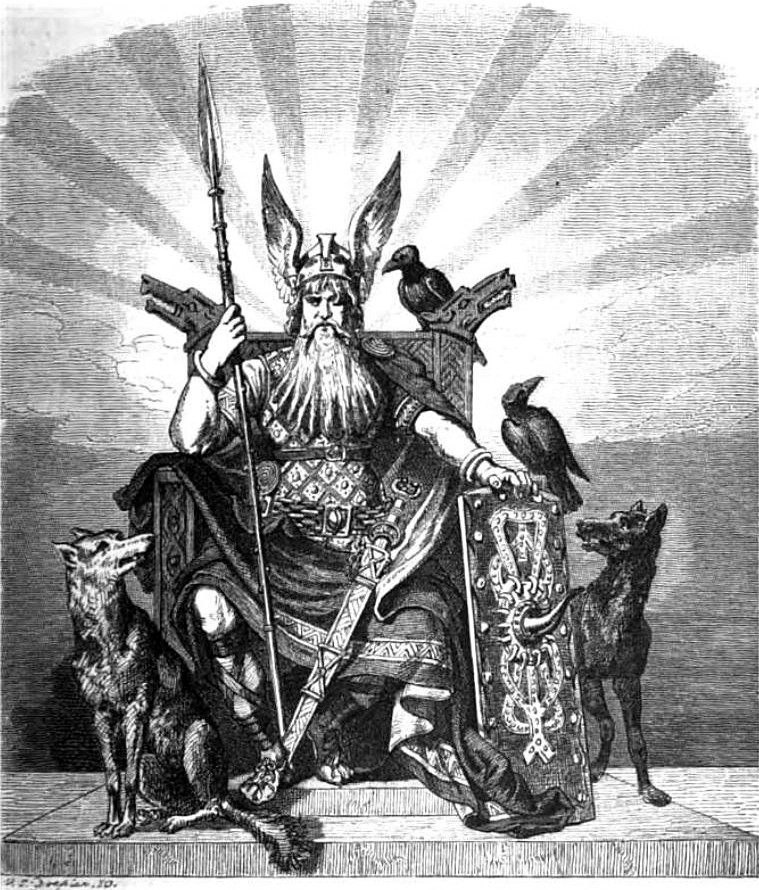So lets get this right here. The Covid-19 virus was a set up using a mixture of light activated semiconducting paramagnetic solar cell liposome nanoparticles (quantum dots) sprayed from the air (atomizer nozzle) and also pre-encapsulated in the flu vaccines.
The mRNA lipid nanoparticle vaccine is for mutating (DNA) neurons to express light activated opsin, that are coincidently activated by an incident of light emitted from the (quantum dot) nanoparticle.
The trick here using ultrasound phased array transducers/antennas to burst the lipid bilayer open and guide the particles as tweez
Child of God, truth-seeker finder and sharer, patriot, inspired and fired up!
And there you have it in a nutshell.
That is why you are "The Mac".
Awesome.
Now, how do we fix this?
verb: fix; 3rd person present: fixes; past tense: fixed; past participle: fixed; gerund or present participle: fixing
1.
fasten (something) securely in a particular place or position.
"they had candles fixed to their helmets"
fasten
attach
affix
secure
make fast
join
connect
couple
link
install
implant
plant
embed
anchor
stick
glue
bond
cement
pin
nail
screw
bolt
clamp
clip
bind
tie
lash
establish
position
station
situate
lodge
Opposite:
remove
direct one's eyes, mind, or attention steadily or unwaveringly towards.
"Ben nodded, his eyes fixed on the ground"
(of a person's eyes, attention, or mind) be directed steadily or unwaveringly towards.
focus
direct
level
point
rivet
train
turn
converge
zero in
attract
draw
hold
grip
engage
captivate
absorb
look at someone unwaveringly.
"Cowley fixed him with a cold stare"
2.
decide or settle on (a specific price, date, course of action, etc.).
"no date has yet been fixed for a hearing"
decide on
select
choose
resolve on
determine
arrive at
settle
set
finalize
arrange
prearrange
establish
allot
prescribe
designate
define
name
ordain
appoint
specify
stipulate
establish the exact location of (something) by using radar or visual bearings
or astronomical observation.
settle the form of (a language).
assign or determine (a person's liability or responsibility) for legal purposes.
"there are no facts which fix the defendant with liability"
mend or repair.
The word grim comes from the Proto-Indo-European root 'ghrem-' meaning 'angry'. Over time, the word was adapted into the Proto-Germanic 'grimmaz' meaning 'fierce, savage, painful'. Grim was first recorded in English sometime in the late 12th century.
(“to resound, thunder, grumble, roar”).
grim (comparative grimmer, superlative grimmest)
dismal and gloomy, cold and forbidding
Life was grim in many northern industrial towns.
rigid and unrelenting
His grim determination enabled him to win.
ghastly or sinister
disgusting; gross
grim (plural grims)
(obsolete) specter, ghost, haunting spirit
Verb
grim (third-person singular simple present grims, present participle grimming, simple past and past participle grimmed)
(transitive, rare) To make grim; to give a stern or forbidding aspect to.
grim (uncountable)
(archaic) Anger, wrath.
Perhaps related in Old Norse to veiled or hooded, Grim is also an alternate name for Odin, who often went around disguised; compare the hooded appearance of The Grim Reaper.
Anglicized form of Old Norse Óðinn, which was derived from óðr meaning "inspiration, rage, frenzy". It ultimately developed from the early Germanic *Woðanaz.
An odd number is an integer when divided by two, either leaves a remainder or the result is a fraction. One is the first odd positive number but it does not leave a remainder 1. Some examples of odd numbers are 1, 3, 5, 7, 9, and 11. ... Since odd numbers are integers, negative numbers can be odd.


